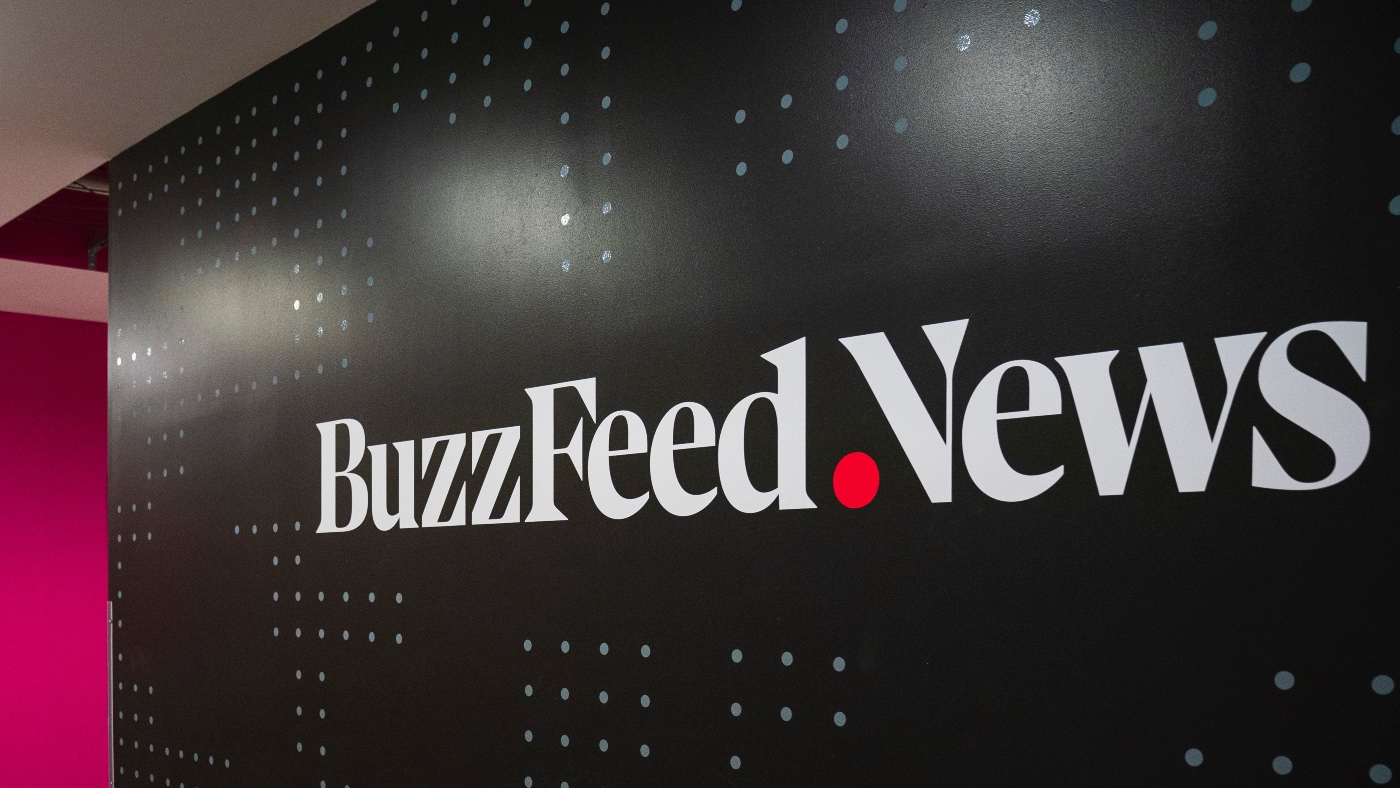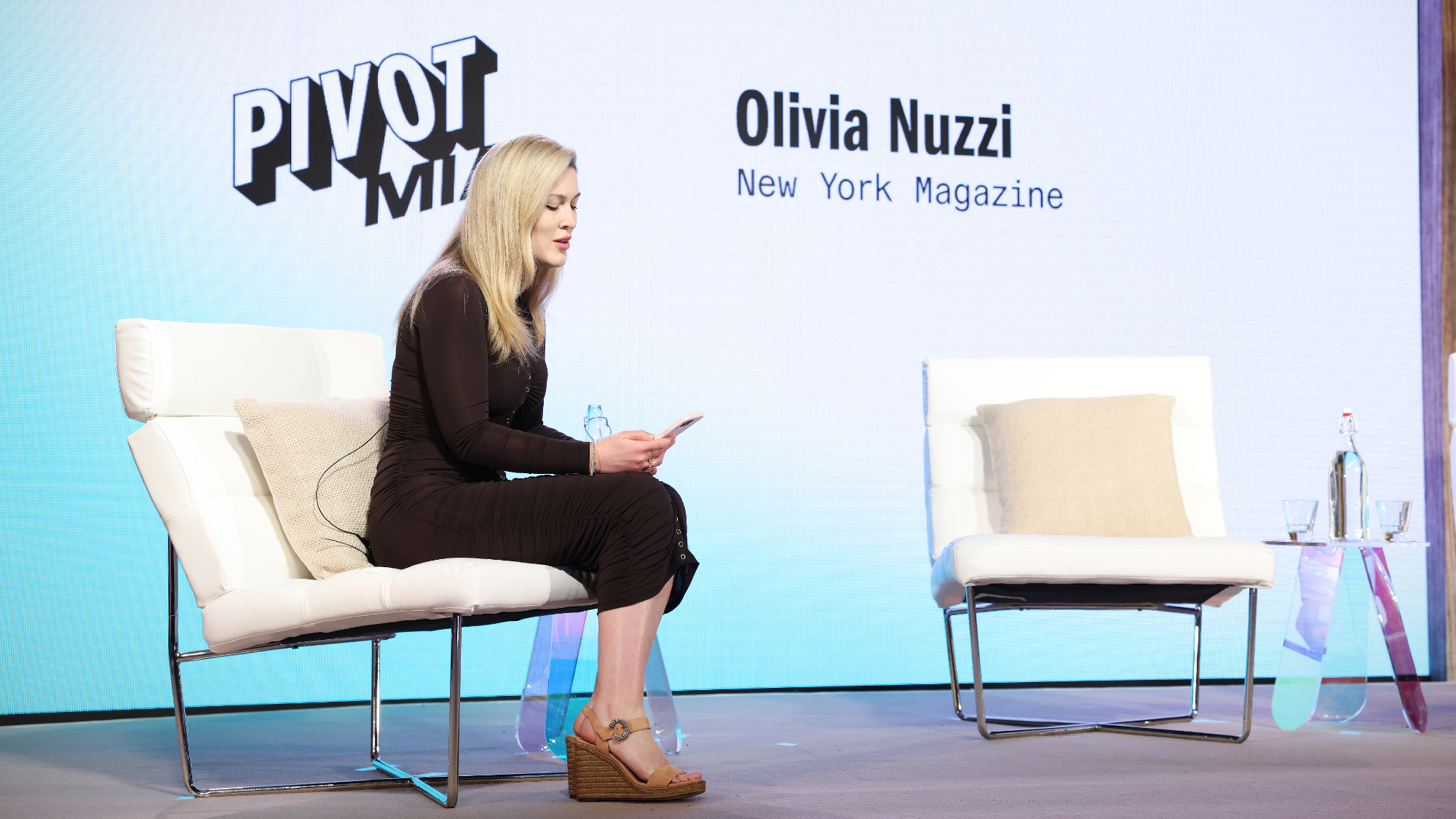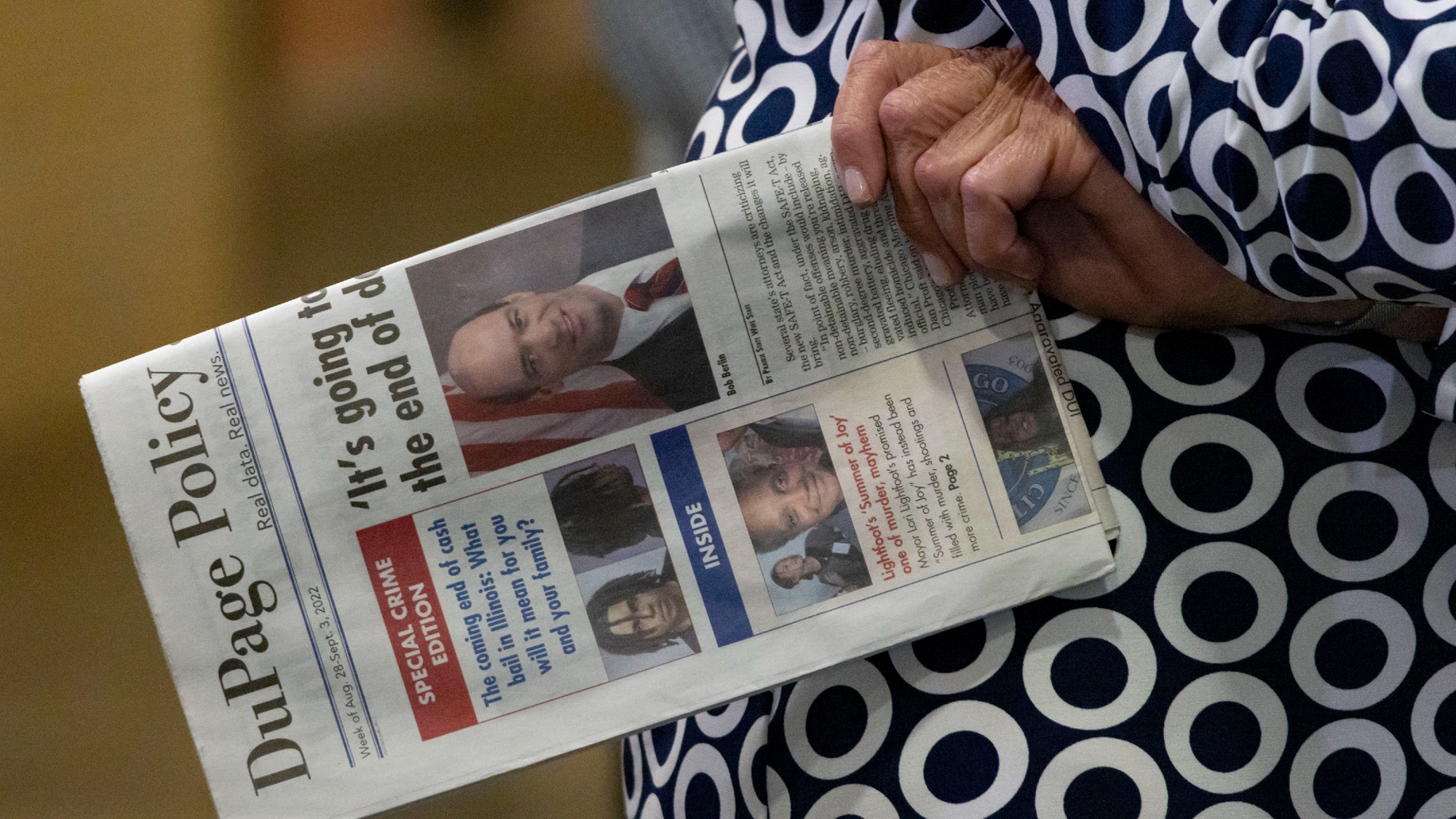What the demise of Buzzfeed News tells us about the future of digital journalism
Closure of news division provides sobering reminder of struggles to find a sustainable business model for online media

A free daily email with the biggest news stories of the day – and the best features from TheWeek.com
You are now subscribed
Your newsletter sign-up was successful
Sean Dodson, senior lecturer in journalism at Leeds Beckett University, explains how the end of the innovative news website points towards a darker future for digital media.
Buzzfeed News, once a shining star of digital journalism, has announced it will shut its award-winning news division for good, laying off about 60 journalists in a move its founding editor, Ben Smith, described as “the end of the marriage between social media and news”.
Buzzfeed – for a few years regarded as a top exponent of viral news – has been struggling to maintain its buzz of late. The cheeky and provocative – if at times annoying – provider of endless listicles and outrageous clickbait headlines is reported to have fallen into financial difficulties.
The Week
Escape your echo chamber. Get the facts behind the news, plus analysis from multiple perspectives.

Sign up for The Week's Free Newsletters
From our morning news briefing to a weekly Good News Newsletter, get the best of The Week delivered directly to your inbox.
From our morning news briefing to a weekly Good News Newsletter, get the best of The Week delivered directly to your inbox.
The site’s founder, Jonah Peretti, is reported to have told staff: “I made the decision to over-invest in BuzzFeed News because I love their work and mission so much. This made me slow to accept that the big platforms wouldn’t provide the distribution or financial support required to support premium, free journalism purpose-built for social media.”
A decline in traffic to the site seems to have been caused by a drop in referrals from feeder sites such as Facebook. This was itself caused by a switch to its users watching and sharing more video on sites like TikTok. Less traffic means less ad revenue. And less revenue has meant the closure of Buzzfeed’s news operation – itself a loss leader to give the site extra credibility – and a resultant loss of jobs for its journalists.
It’s bad news for those involved – and a tragedy for the wider digital news media. Buzzfeed News produced lots of hard-edged, scoop-heavy journalism – and it will be missed. Let’s be clear: it is the valuable news division – the one that revealed the network of detention camps in Xinjiang Province in China – that is to shut. The other stuff, the user-generated free-for-all, full of videos of baby penguins being tickled and listicles setting out the best method to air-fry chips will remain – at least for now.
Buzzfeed News produced intelligent, hard-hitting journalism that frequently scooped established media organisations. It won respect and awards in equal measure.
A free daily email with the biggest news stories of the day – and the best features from TheWeek.com
Viral content
Buzzfeed pioneered the use of viral content and helped legitimise the practice as a form of journalism. The company’s early success – roughly a period between 2012 when it launched Buzzfeed News and early 2919 when it started laying off staff – inspired many other media companies to create viral content of their own.
In the spring of 2013, media companies were desperate to get a piece of the Buzzfeed magic. Trinity Mirror tripled its traffic practically overnight with irreverent projects such as UsVsTh3m and Ampp3d which openly aped Buzzfeed’s irreverent and flippant style. The then editor of The Sun, David Dinsmore, said that Buzzfeed was “the best thing on the internet” and the paper launched a similar unpaywalled product of its own. Even the BBC, in a report by the former chief executive of Sony, Sir Howard Stringer urged itself to become more distinctive “like Buzzfeed”. The Independent’s Indy100 with its diet of quizzes, nuggets of news and eye-catching images remains the closest thing to Buzzfeed in the UK media.
Even if the wider Buzzfeed – the user-generated entertainment division, that formed our impression of Buzzfeed, with headlines such as 10 Cardboard Boxes That Look Like David Cameron and quizzes such as Which Ousted Arab Spring Ruler Are You? we should not forget the quality of its journalism. The news division did the proper journalism and won website of the year at the 2018 Society of Editors Press Awards and then scooped the Pulitzer prize in 2021 with the Xinjiang detention camps exclusive.
Journalistic values
A study by Nanyang Technological University in Singapore found that BuzzFeed News’s news values were broadly similar to those of The New York Times, with both outlets prioritising stories about government and politics. While the NYT offered more stories about crime and terrorism, Buzzfeed News offered more coverage of social issues and protests.
This is because Buzzfeed News was staffed by proper journalists who produced proper journalism. Heavy hitters including Emily Dugan, who won Private Eye’s coveted Paul Foot Award in 2019 for her persistent campaign to reveal “the human cost of the degradation of England’s justice and legal aid system”.
Indeed, a 2018 study by researchers at the University of Leeds found that Buzzfeed News journalists had the instincts and values of traditional reporters, despite their relative youth and focus on issues relevant people aged 18 to 30. The study, which was published in the journal Journalism Studies, suggested that Buzzfeed News was not just a clickbait website, but a legitimate news organisation that employed journalists who were committed to the highest standards of their craft.
The closure of the news division provides a sobering reminder of the challenges facing digital journalism. The industry still struggles, two decades on, to find a sustainable business model. And no new-media organisation has been able to break the hold of the traditional news media. In Press Gazette’s March 2023 ranking of the top media sites in the world, the only “new” media site to break into the top 25 was Buzzfeed News, and that was in 25th position. A sad day for journalism.
Sean Dodson, Senior Lecturer, Journalism, Leeds Beckett University
This article is republished from The Conversation under a Creative Commons license. Read the original article.
-
 The ‘ravenous’ demand for Cornish minerals
The ‘ravenous’ demand for Cornish mineralsUnder the Radar Growing need for critical minerals to power tech has intensified ‘appetite’ for lithium, which could be a ‘huge boon’ for local economy
-
 Why are election experts taking Trump’s midterm threats seriously?
Why are election experts taking Trump’s midterm threats seriously?IN THE SPOTLIGHT As the president muses about polling place deployments and a centralized electoral system aimed at one-party control, lawmakers are taking this administration at its word
-
 ‘Restaurateurs have become millionaires’
‘Restaurateurs have become millionaires’Instant Opinion Opinion, comment and editorials of the day
-
 Jeff Bezos: cutting the legs off The Washington Post
Jeff Bezos: cutting the legs off The Washington PostIn the Spotlight A stalwart of American journalism is a shadow of itself after swingeing cuts by its billionaire owner
-
 The Washington Post is reshaping its newsroom by laying off hundreds
The Washington Post is reshaping its newsroom by laying off hundredsIn the Spotlight More than 300 journalists were reportedly let go
-
 Bill Moyers: the journalist who was the face of PBS
Bill Moyers: the journalist who was the face of PBSFeature A legend in public broadcasting
-
 How AI is offering journalists protection from persecution in Venezuela
How AI is offering journalists protection from persecution in VenezuelaUnder the Radar Media organisations launch news show hosted by AI-generated avatars to 'shelter their real-life journalists'
-
 Reporter on leave over alleged RFK relationship
Reporter on leave over alleged RFK relationshipSpeed Read New York magazine political reporter Olivia Nuzzi admitted to having a personal relationship with her subject
-
 Rupert Murdoch's behind-closed-doors succession court battle
Rupert Murdoch's behind-closed-doors succession court battleThe Explainer Media mogul's legal dispute with three of his children over control of his influential empire begins today
-
 The increasing ubiquity of 'pink-slime' journalism
The increasing ubiquity of 'pink-slime' journalismThe Explainer The issue is becoming more concerning as the US election draws closer
-
 The secretive practice of 'catch-and-kill' tabloid journalism
The secretive practice of 'catch-and-kill' tabloid journalismThe Explainer Outlets such as the National Enquirer have become infamous for using the practice